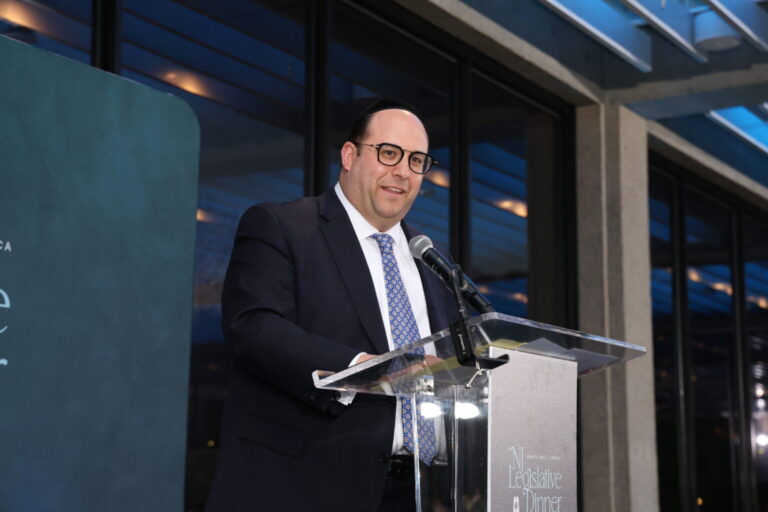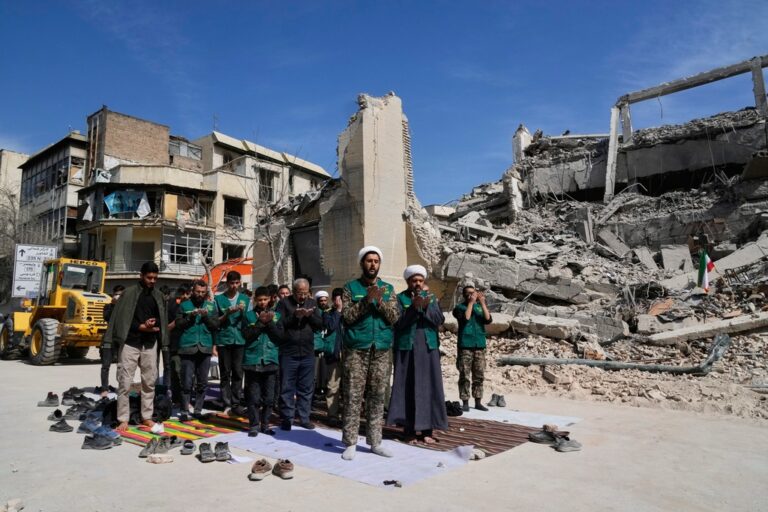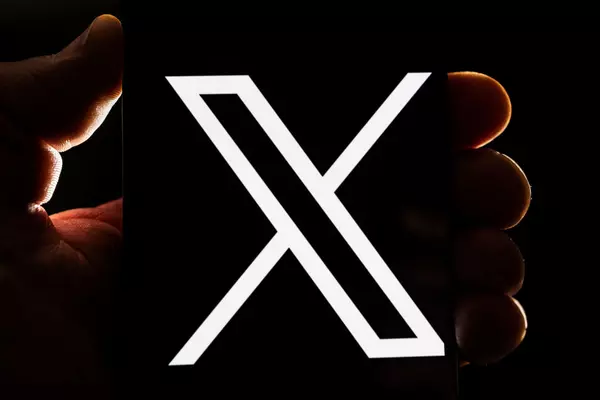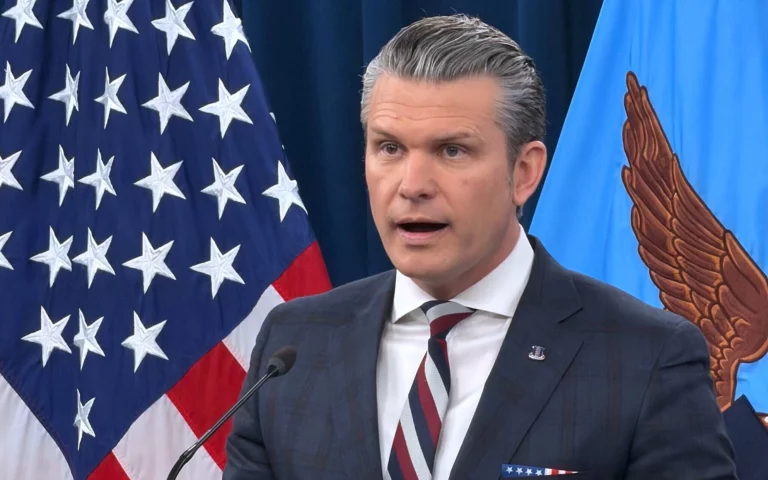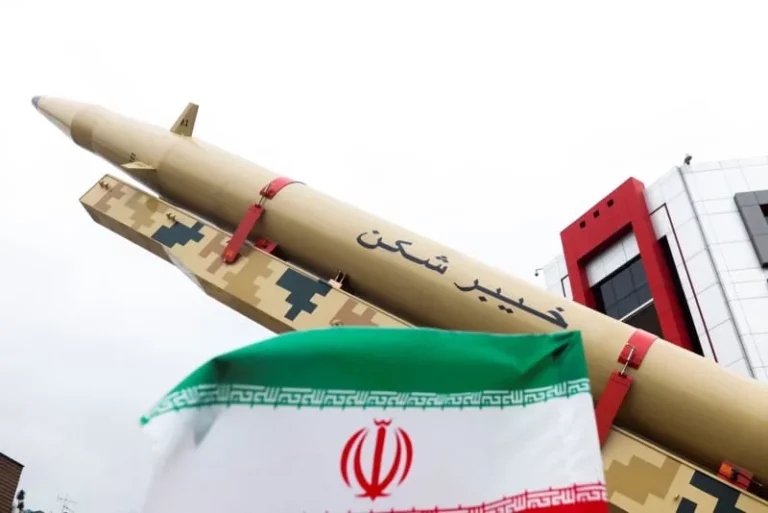 Mayor Michael Bloomberg has sought during his three terms to make the city’s sprawling public school system a showcase for get-tough policies such as closing schools deemed to be failing and using student test scores to measure teacher effectiveness.
Mayor Michael Bloomberg has sought during his three terms to make the city’s sprawling public school system a showcase for get-tough policies such as closing schools deemed to be failing and using student test scores to measure teacher effectiveness.
Educators around the country are now watching this year’s race to succeed Bloomberg because several candidates say they would overturn those policies if elected.
“The city carries extra weight in national debates,” said Jeffrey Henig, a professor of political science and education at Teachers College at Columbia University. “It is seen by many national school reformers as among the leaders in pursuing a particular set of reform strategies.”
With 1.1 million pupils and a $24 billion annual budget, New York City’s public school system is by far the largest in the nation. And Bloomberg has left his mark on it.
Since winning mayoral control of schools from the state Legislature in 2002, Bloomberg has closed more than 140 struggling schools — often over neighborhood protests — and replaced them with hundreds of new schools.
He raised teachers’ salaries but fought their union over merit pay for top teachers and the use of standardized test scores to evaluate teachers.
He trumpeted rising achievement on the statewide standardized tests, though those claims were called into question after 2010 when officials said scores had been inflated across the state because the tests had become too easy to pass.
Critics including the United Federation of Teachers and several members of the crowded field of mayoral candidates say Bloomberg’s policies have hurt the schools.
“This mayor told us to judge him on his education policies,” said Zakiyah Ansari, a parent activist who moderated a mayoral debate about education issues last week. “Well, it has been a failure.”
The five candidates who attended the debate were all more or less critical of Bloomberg education policies such as closing schools and replacing them with new schools.
“Instead of giving up on those schools, we need to turn those schools around,” former City Comptroller William Thompson said.
Current Comptroller John Liu agreed: “It’s not the schools that have failed. It’s the administration and the Department of Education who have failed these schools.”
Public Advocate Bill de Blasio charged that “the status quo in education in this city is unacceptable. It will not sustain us for the future.”
Former U.S. Rep. Anthony Weiner, attending his first mayoral debate, was less critical of Bloomberg but went along with the crowd in his answer to a question about whether a particular charter school operator has been given special treatment.
“I have no bloody idea,” Weiner said. “Sure. That seems to be the answer of the day.”
Several of the candidates said the city’s schools are too focused on standardized tests and teachers spend too much time teaching to the tests.
There are at least 10 mayoral candidates — including Democrats, Republicans and one independent — but none of the Republicans attended the debate, and most of the criticism of the education policies of Bloomberg, an independent, has come from the Democrats.
Most of the candidates seeking the Democratic nomination have said they would not force traditional public schools to share their buildings with charter schools. The policy of “co-locating” charter and regular schools has been divisive, but New York real estate prices mean sharing space is often the only way to start a new school.
Several of the candidates oppose Bloomberg’s policy of closing large high schools and replacing them with clusters of small schools. Liu called it “a shell game.”
And at least seven candidates have said they would lift the long-standing ban on cellphones in schools, something Bloomberg has insisted he won’t do.
City Council Speaker Christine Quinn, who is leading in the polls but did not attend the debate last week, has steered for the middle ground between Bloomberg and his foes on education policy. She told a UFT conference that the next person to head the city’s school system should not necessarily be an educator. That stance drew boos from a union that has clashed with the non-educators Bloomberg has tapped.
Leaders of the education reform movement that sees New York under Bloomberg as a model are watching warily to see if a new mayor is less interested, say, in promoting charter schools or in fighting the union over accountability.
Michelle Rhee, the former Washington, D.C., schools chancellor who fired nearly 1,000 teachers and now leads the group StudentsFirst, said Bloomberg set an example for mayors like Adrian Fenty in Washington, Cory Booker in Newark, N.J., and Rahm Emmanuel in Chicago.
“I think that people are watching the race pretty carefully,” Rhee said. “Mayor Bloomberg was really I think the mayor that put school reform on the map and really was the first mayor who was involved in driving reform in the city.”
But Andy Smarick, whose book “The Urban School System of the Future” champions charter schools and vouchers, said the anti-Bloomberg mayoral candidates are just being “bombastic” on schools. “I’m not at all convinced that their governing will match their rhetoric,” he said.
(AP)



